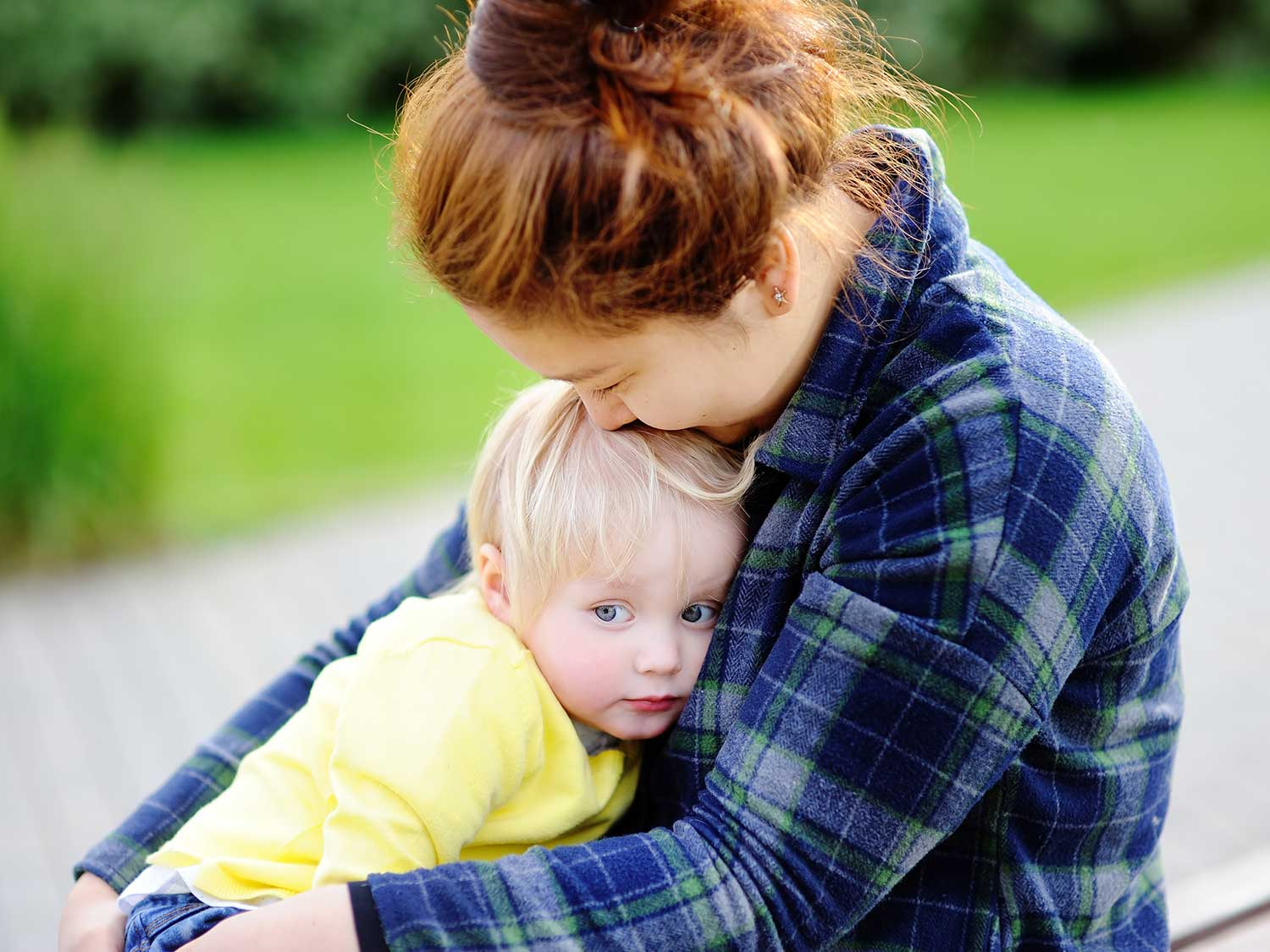When you leave your little one with a new caregiver, his protests can be heart-rending. Those objections may intensify as your child nears the age of 1. This can be tough to handle, but it’s also natural. Sometime after 7 months of age, as your baby’s brain and senses develop, two exciting new skills emerge that make separation more difficult for him: First, your baby starts to recognize the subtle differences between you and others. Second, he becomes able to hold a mental image of you in his mind when you’re gone. Now he wonders where you went and if you’ll come back.
To help her begin to understand separation, when you are out of your baby’s sight at home, keep talking: “I’m over here. You can’t see me, but I’ll be back in a minute.” She’ll learn that you still exist, even when she can’t see you.
Look at photos of the two of you with her. When you go out, give copies to her to use as reassurance that you’ll return. You can also give her a piece of your clothing that smells like you to help her comfort herself, first while you’re there, and later when you leave.
Spend some time chatting with the caregiver in front of your child to show that you trust this person. Tell the caregiver about your child’s routines and rituals, especially those that help her relax when she’s distressed. When you must leave, don’t sneak out. Let her know that you have to go, but that you’ll always be back.
Parents often struggle with separation, too. The more you can show your child that you know you’ll both be OK when you’re apart, the sooner she’ll be able to start making a relationship with her new caregiver. Later, call to see how she’s doing. You may be surprised to hear how quickly she stopped fussing and started to play. You may even feel a little jilted! But you’ll know that she’s learning to adapt.
This article is for informational purposes only. Always consult with your doctor before making health decisions for your family.
More From Expert Advice:
